
September 4, 2025
The U.S. Energy Information Administration (EIA) reported that imports of biodiesel and renewable diesel are set to fall to their lowest levels in more…
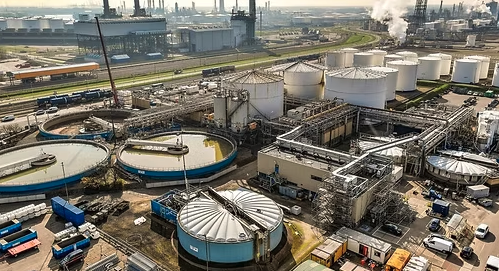
September 3, 2025
On September 3, Shell Netherlands, a subsidiary of Shell, announced it will not restart the construction of a large biofuels plant at its Rotterdam…
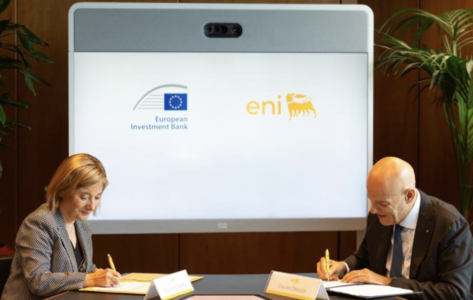
July 29, 2025
On July 24, Italian energy giant Eni announced the signing of a €500 million (approximately $588 million) financing agreement with the European Investment Bank…

July 8, 2025
Zhuoyue New Energy announced on the evening of July 8 that it plans to invest RMB 700 million of self-raised funds in a bioenergy…
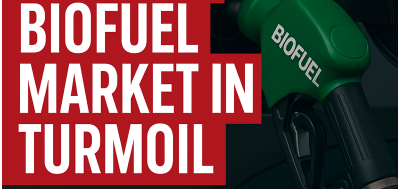
June 16, 2025
In Germany, following the withdrawal of ADAC from the GHG quota trading business at the end of the 2024 allocation year, another company, EMOVY…

May 29, 2025
According to Hong Kong media news on May 29, the Business Environment Council (BEC) today released the report “Study on Biodiesel and Renewable Diesel…

May 26, 2025
May 25th, recently, a huge ship “LE**” loaded with 26,000 tons of hydrocarbon-based biodiesel successfully set sail from CNOOC Taifu Terminal to the European…
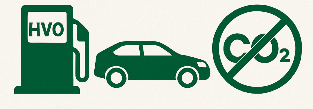
April 23, 2025
As part of its drive for a low-carbon transition, Skoda has officially launched HVO (Hydrogenated Vegetable Oil) synthetic diesel fuel at its Czech plant…

April 16, 2025
Global Clean Energy Holdings Inc., which owns a renewable diesel plant in Bakersfield, California, announced on April 16 that it has entered into a…
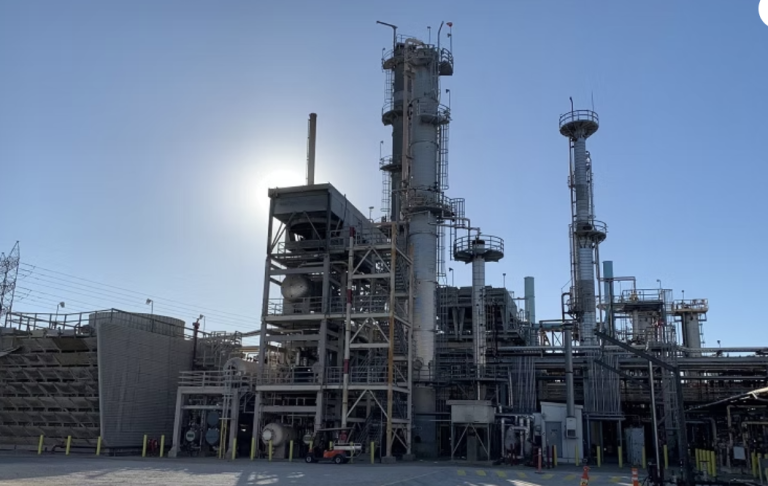
April 2, 2025
Desmet (Desmet) recently announced that it has been awarded a new contract from LG-ENI Biorefining, a joint venture between LG Chem and ENI of…








